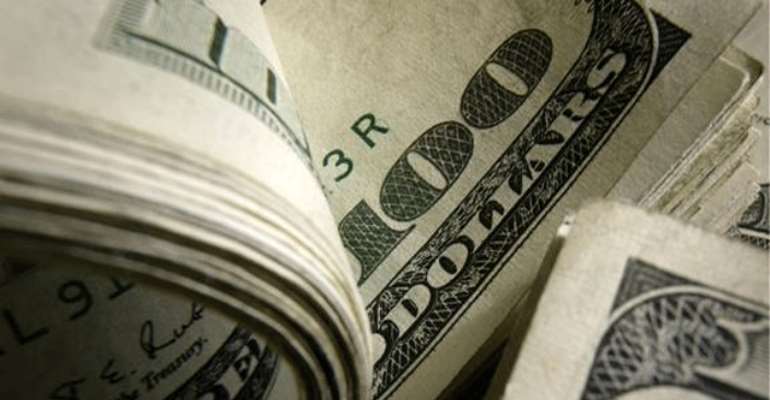Bureaux de change and forex sales - National Mirror

The recent decision of the Central Bank of Nigeria (CBN) to tighten control over the Bureaux de Change (BDC) segment of the foreign exchange market has understandably elicited mixed reactions from a broad spectrum of economic players. Certainly, the new licensing requirements for BDC operators, particularly the N35 million minimum capital and the N35 million security deposit with the CBN, among others, have generated claims of possible job losses, with many BDC operators insisting that they cannot afford such funds.
However, the operations of BDCs in recent times had generated concern in the CBN due to findings that most of the 3,500 licensees routinely violated the apex bank's guidelines. Some of the sharp practices detected across BDC operators include the exportation of United States dollars procured from the CBN for sale in Saudi Arabia and other countries; and selling the dollars far above the prescribed two per cent margin allowed, which has created a widening gap between official and parallel market exchange rates. Ironically, it was in a bid to close this gap that the CBN, in the immediate post consolidation era, doled out BDC licences to most of the current holders. As it now stands, the CBN is worried that it may not be able to support the demands of the BDCs, since they sabotage the economy by selling scarce dollars at the expense of foreign reserves. The CBN says the dollars are not channelled towards any visible productive activity; and also doubts claims of job losses being made by the BDCs, as the operators make huge profits by merely exchanging currencies.
Indeed, the CBN envisages a situation where BDC operators will be better structured to function as agents of international money transfer companies, like Western Union and Moneygram, for example, instead of hawking foreign currencies by the roadside, hence the move to force them to recapitalise. But the BDCs have argued that they do not need huge capital to operate; and that not all of them buy CBN dollars. The Association of Bureaux de Change Operators of Nigeria had insisted, for instance, that the volume of sales from their sector cannot be responsible for the nation's depleting reserves. The group says depleting reserves should be blamed on the import dependent nature of the economy and the reliance on oil as the major foreign currency earner. We, however, think that the renewed focus on BDCs is indicative of CBN's readiness to tackle some of the distortions in the nation's economy, particularly the strange phenomenon of a dual exchange rate, which only opens up and encourages arbitrage activities in the financial services sector.
A nation which is largely dependent on imports has no business supporting activities that could impact negatively on its exchange rate. The perennial problems of oil theft and sabotage, which have reduced crude oil output, the spectre of fall in oil prices amid rising production costs, and the move by countries (US is a good example ) towards alternative energy sources, all point to the imperative of holding a healthy external reserves position for the medium to long term at least.
It will be absurd to leave foreign exchange rates' determination in the hands of informal sector operators trading on the streets. Indeed, as BDC operators themselves have suggested, if their operations do actually constitute a threat to the nation's external reserves, the CBN can stop selling dollars to them. After all, Nigeria is perhaps the only country in the world where government sells dollars to individuals instead of banks.
The CBN should gradually ease itself out of supplying forex to the BDCs. Nigeria is not a dollar economy, though some highbrow shops and real estate firms price their goods and services in the 'greenback'. Operators of BDCs have taken their case to the National Assembly, where some of their members apparently hold elective positions, and they do deserve a fair hearing. We, however, do not subscribe to the idea of the legislature interfering in the functions of the CBN, whose primary mandate remains maintaining price stability, a responsibility that is largely dependent on the goings on in the forex market.
